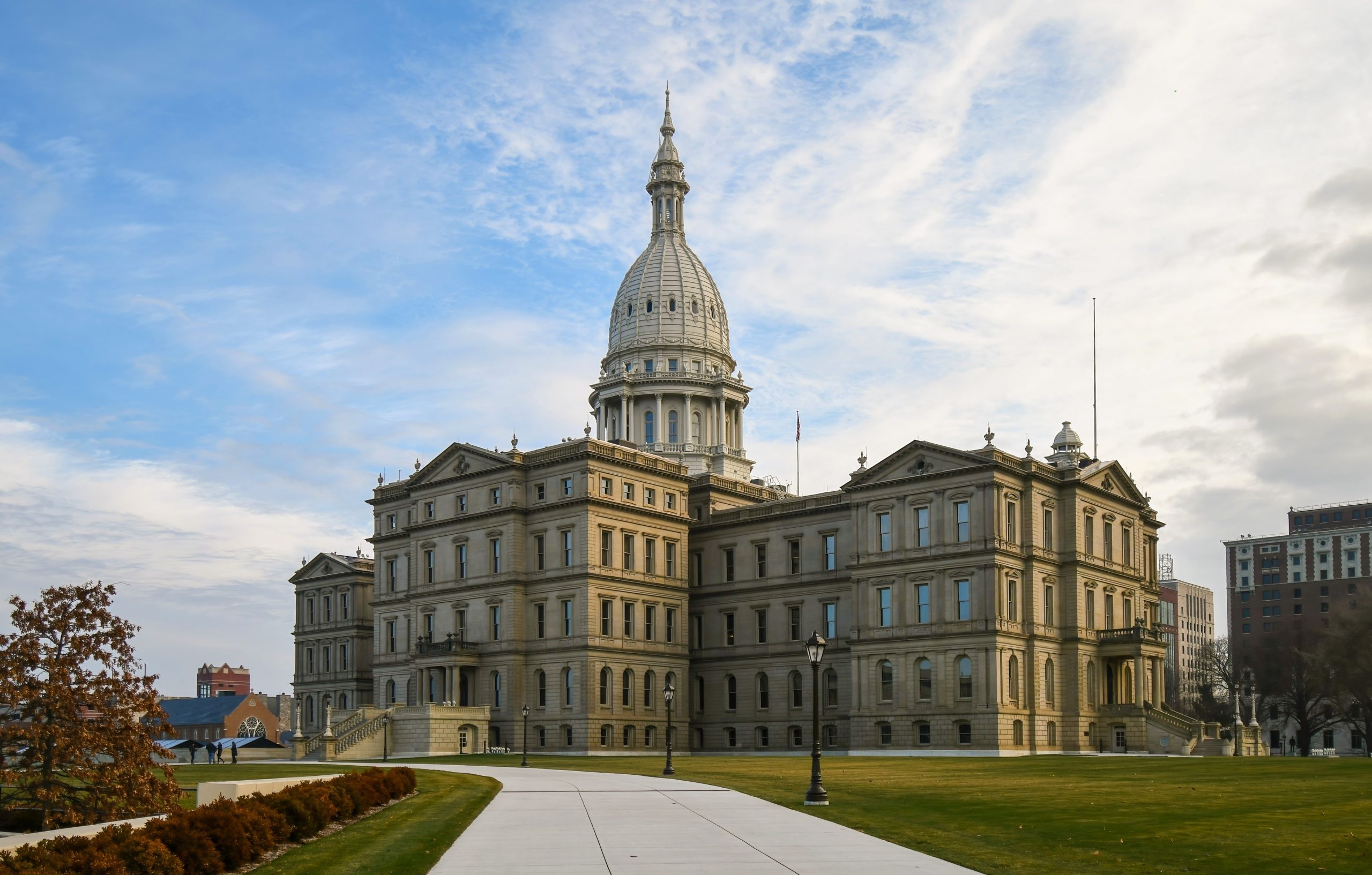The Michigan Legislature reconvened after its spring recess, focusing on key legislative priorities such as budget approval and various policy initiatives.
Before the break, Democratic majorities in the Legislature passed several definite measures, including new regulations on payday lending, an expansion of hate crimes laws to cover attacks on LGBTQ individuals, and the decriminalization of paid surrogate pregnancy contracts.
In the upcoming weeks, intensified activity will occur on budgetary matters that require legislative consent, reflecting the legislature’s primary responsibility.
House Speaker Joe Tate’s press secretary, Amber McCann, emphasized that budget-related issues are the top priority for the Legislature. Governor Gretchen Whitmer presented her budget proposal two months earlier, outlining a $80.7 billion budget for the 2024-25 fiscal year.
Michigan Legislators Return to Session This Week (Credits: Michigan Advance)
This proposal includes initiatives such as universal pre-kindergarten, two years of tuition-free community college, and a state tax credit for home caregivers.
These proposals must go through the legislative approval process, with Democrats, who hold majorities in both the House and Senate, generally supportive. However, Republicans have raised concerns about what they perceive as excessive taxpayer-funded spending in the governor’s budget plans.
The urgency of budget discussions is heightened by the approaching deadline of October 1, marking the start of Michigan’s new fiscal year. Finalizing the budget by this date is crucial to ensuring uninterrupted operations for state departments and agencies.
However, entities like school districts, public universities, and community colleges operate on different budget cycles, starting on July 1. These entities aim to have their budgets approved on time to facilitate effective planning and resource allocation.
Mich. lawmakers (Credits: The Detroit News)
In addition to budgetary matters, the Legislature is expected to address various policy issues during this session. These may include healthcare initiatives, education reforms, infrastructure development, and measures to enhance public safety.
The legislative agenda reflects a mix of priorities aimed at addressing key challenges faced by Michigan residents and promoting the state’s economic growth and stability.
Also, the Legislature’s actions are closely watched by stakeholders across the state, including advocacy groups, business organizations, and the general public. Legislators’ decisions on budgetary allocations, policy reforms, and legislative priorities can have a great impact on Michigan’s future trajectory and the well-being of its residents.
Finally, the post-recess legislative session in Michigan is marked by a focus on crucial budget discussions, policy initiatives, and the need for bipartisan cooperation to address key issues facing the state.
The outcomes of these deliberations and legislative actions will shape Michigan’s governance landscape and impact various sectors of society for the foreseeable future.
